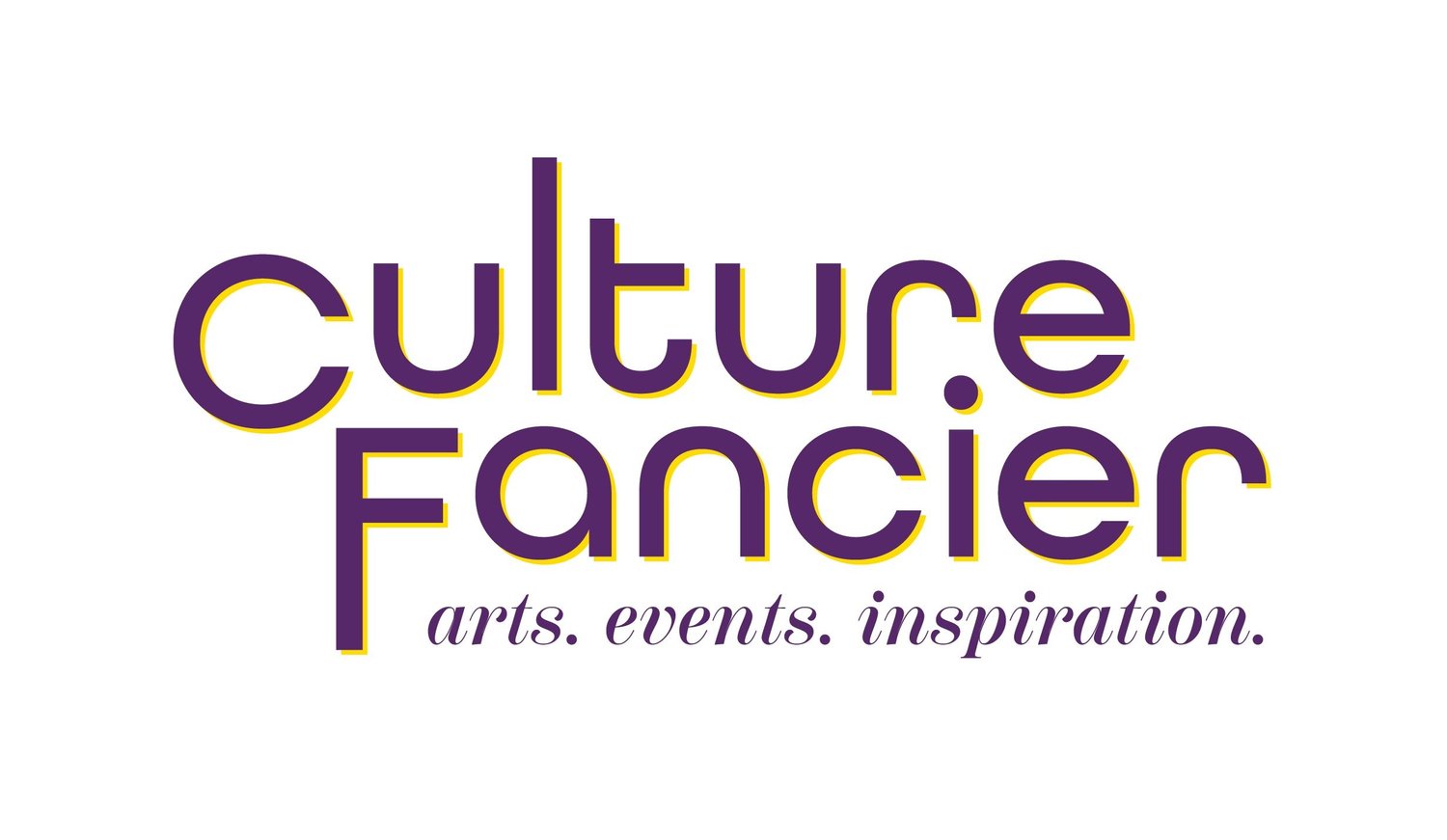We’re into March now and Black History Month has come and gone. In February, you’re likely to hear a lot more about Bob Marley (his birthday is in February) and see headlines like “Celebrities You Didn’t Know Were Biracial” and “Black Celebrities You Didn’t Know Were Vegan” (actual headlines that I saw). The way I feel about Black History Month is the same way that I feel about Valentine’s Day, International Women’s Day, Women’s History Month, or any other dedicated days or months where we’re told to focus on something for that time only. One day? One month? What happens when that allotted time has passed? Do we stop thinking about it? Do we stop celebrating?
Black History Month originated as Negro History Week in February 1926. Carter G. Woodson (1875-1950) is often called the "Father of Black History." One of the first African Americans to receive a doctorate from Harvard, Woodson dedicated his career to the field of African-American history and lobbied extensively to establish Black History Month as a nationwide institution. Woodson had chosen February for the initial weeklong celebration to honor the birth months of abolitionist Frederick Douglass and President Abraham Lincoln.
Presently in its fourth year, the Black Future Month 3016 Art Exhibition is the longest consecutive annual black art exhibit in Toronto. The overarching theme of the fourth Annual Afrofuturism Art Exhibition is exploring the infinite ways of beings in the far-off distant future as envisioned by black people over the spectrum of a 1000 years from now.
Afrofuturism is a literary and cultural aesthetic that combines elements of science fiction, historical fiction, fantasy, Afrocentricity, and magic realism.
The exhibition serves as a professionally curated platform that consists of OCAD U students, alumni, staff and faculty along with selected artists from the black community. This initiative was created in 2013 by OCAD U alumnus Danilo McCallum.
When I heard about the panel discussion and reception for Intergalactic Noise, it really caught my attention because it had a focus on the future, going beyond just what happens every February. Intergalactic Noise invites a re-engagement with the concept of Black History Month, as artists, designers, and multi-media creatives explore the concept of Afrofuturism. In using the date of 3016, Black Future Month offers an entry point to imagine utopic black realities beyond the assigned month. Rather than accepting a naïve concept of a future full of advanced technology, the featured artists instead contemplate the possibilities of an advanced humanity.
The event was held at the Art Gallery of Mississauga and was moderated by Amanda Parris, host of CBC’s arts & culture programme Exhibitionists. Participants were artists Camille Turner, Ekow Nimako, Quentin Vercetty and Danilo McCallum.
There was a strong sense of community in the room. I was reminded of when I was a kid and I'd be out with my mom and she'd smile and say hello to other black people. I'd always ask if she knew them and why she was saying hello. She never knew them. It was about community, solidarity. I'm used to the default situation of being the only black person almost wherever I go, so just being in that room listening to stories being shared was a heartening experience.
The discussions touched on topics like the importance of Afrofuturism, what it means to be black in Canada, isolation and otherness even within the black community. The panelists all felt that Afrofuturism provides a positive vision and stronger presentation of black people in the future and plants a seed of inspiration for young people. Camille Turner talked about her work with Canadian Heritage Museums and how her research is unsettling white audiences. She's looking into the history of slavery in Canada. That history has been wiped out and she's looking to bring that history to the present.
The event gave me a lot to think about. I'm still thinking about it. I'll finish off with two quotes that really stood out to me.
"We are all Afrofuturists. They are trying to erase us, but in the future, we are still here"-Ekow Nimako, when asked if he considered himself an Afrofuturist
"A lot of artists don't like to be defined, but it's important to define yourself before they define you" - Danilo McCallum, on the power of words
Story and photos by Glodeane Brown

